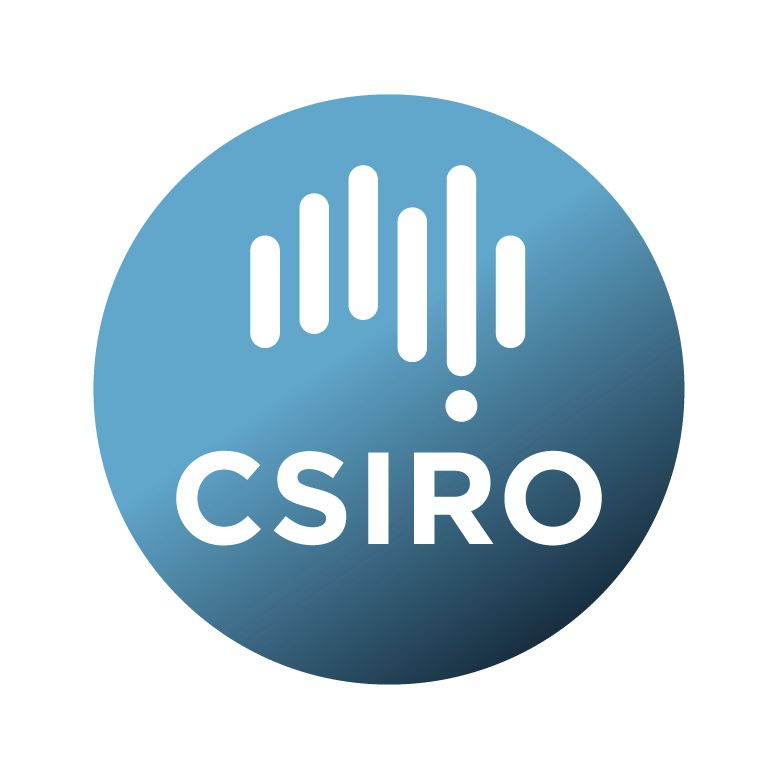Brief description
ASKAPsoft, the ASKAP Science Data Processor, provides data processing functionality, including:* Calibration
* Spectral line imaging
* Continuum imaging
* Source detection and generation of source catalogs
* Transient detection
ASKAPsoft is developed as a part of the CSIRO Australian Square Kilometre Array Pathfinder (ASKAP) Science Data Processor component. ASKAPsoft is a key component in the ASKAP system. It is the primary software for storing and processing raw data, and initiating the archiving of resulting science data products into the data archive (CASDA).
The processing pipelines within ASKAPsoft are largely written in C++ built on top of casacore and other third party libraries. The software is designed to be parallelised, where possible, for performance.
ASKAPsoft is designed to be built and executed in a standard Unix/Linux environment and core dependencies must be fulfilled by the platform. These include, but are not limited to, a C/C++/Fortran compiler, Make, Python 2.7, Java 7 and MPI. More specific dependencies are downloaded by the ASKAPsoft build system and are installed within the ASKAPsoft development tree. Specific to the Debian platform, after a standard installation of Debian Wheezy (7.x) the following packages will need to be installed with apt-get:
* g++
* gfortran
* openjdk-7-jdk
* python-dev
* flex
* bison
* openmpi-bin
* libopenmpi-dev
* libfreetype6-dev
* libpng12-dev
More information regarding the building, installation and running of the software can be found in the README file in the root of the file structure that forms this collection.
Source code can be accessed via the links in Related Materials section.
-----
This release sees a number of changes & improvements to both the processing software and the pipeline scripts.
Pipelines:
* New diagnostic plots produced, esp. for the
spectral & continuum cubes.
* Improved ability to specify the number of cores used for the continuum
imaging.
* Behaviour of source-finding in the selfcal has changed. Now
fit the full set of Gaussian parameters, and require contiguous
pixels for the islands.
* Small bug fixes.
* Parameter default changes:
- DO_MAKE_THUMBNAILS: default true
- DO_VALIDATION_SCIENCE: new, default true, to run cube validation.
- Snapshot imaging off by default, better image quality. Also, number of w-planes
has default value that changes with snapshot option: snapshot imaging has 99,
non-snapshot imaging has 599.
- Number of channels in MS tile exposed as a parameter for bandpass & science datasets,
taking the same default value as previously (54).
- "solver.Clean.solutiontype" parameter exposed as a pipeline parameter for all imaging
jobs.
- SB_JIRA_ISSUE replaced by JIRA_ANNOTATION_PROJECT for schedblock annotations
(askapops user only).
Applications:
* Selavy:
- Improved default values in Selavy HI catalogue,
and fixed bad NaN values.
- Fixed occasional dropping of components from the
catalogue through the application of acceptance criteria. Optional, and off by default.
- Fixed failing to calculate spectral indices in certain cases.
- Deconvolved sizes in the components catalogue now
calculated with better floating-point arithmetic, to avoid NaNs.
- VOTable catalogue column widths are more tightly
controlled, in line with the CASDA software.
* Imaging:
- Primary beam factory (used by linmos) able to handle elliptical
Gaussian beams. Not fully implemented within linmos yet.
- New gridder AltWProjectVisGridder that allows the dumping of
uvgrids to casa images.
- Added caching by channel in spectral-line imaging.
- Spectral-line imager correctly writes the beam log
when using multiple writers.
- Fixed issue with failed beam fitting for very elongated beams.
Available: 2019-02-05
Data time period: 2018-09-20 to ..
User Contributed Tags
Login to tag this record with meaningful keywords to make it easier to discover
Copyright (c) 2018, Commonwealth Scientific and Industrial Research\nOrganisation (CSIRO) ABN 41 687 119 230. All rights reserved.
url :
https://bitbucket.csiro.au/projects/CASSSOFT/repos/askapsoft/browse?at=refs%2Ftags%2FCP-0.22.0![]()
- DOI : 10.25919/5C58D803C1374

- Local : 102.100.100/77850


